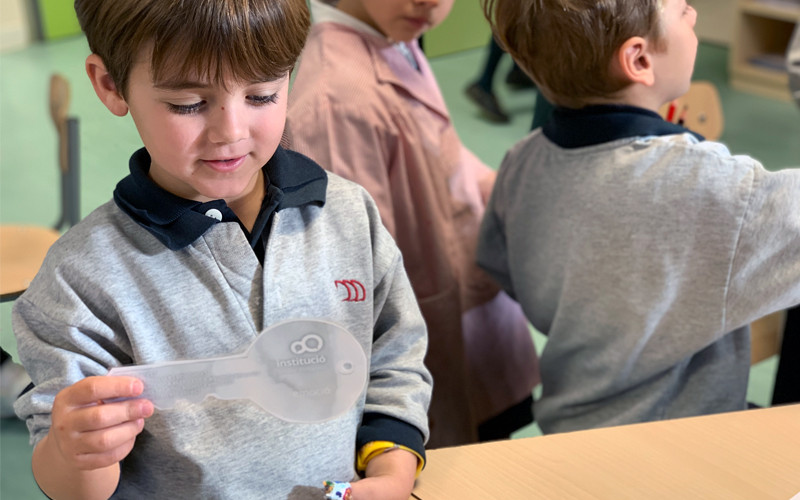| _ga | Se usa para distinguir a los usuarios. Caduca a los 2 años. |
|---|---|
| _gid | Se usa para distinguir a los usuarios. Caduca a las 24 horas. |
| _gcl_au | Se usa para hacer el tracking de las conversiones. Caduca a los 3 meses. |
| _dc_gtm_UA-4554452-1 | Se usa para limitar el porcentaje de solicitudes. Caduca al minuto. |

This year, in school we are training and implementing VESS, a model of thinking strategies inspired by the thinking strategies of Harvard's Project Zero.
VESS distinguishes 16 thinking habits ranging from knowing how to argue (reason with evidence), connect (relate a fact or a concept with memories, images, sounds, smells or previous experiences), scan (learn to capture all the details) to habits as important as managing impulsivity or discovering the complexity that hides under some topics that we often analyze superficially.
These habits can be worked both at home and at school based on games and proposals such as:
• Play to distinguish and name all the sounds that appear in a musical piece of natural sound (scan).
• Play to guess what will happen when we submerge a paper in a glass of water (predict and hypothesize).
• Remember, after looking and covering an image or a group of objects, all the elements (observe and 10x2 routine).
• ... And all those proposals that, with pedagogical creativity, we can invent (or learn) to help them to acquire the habits of reflecting, imagining, predicting, synthesizing, etc.
In this way children, little by little, are incorporating these routines and habits to apply them naturally in their daily lives. To achieve this it is necessary that we give them time to think, opportunities to do things for themselves without advancing and offer help they do not need. We have to confidence in their abilities, a model of reflective father, mother (and teacher), a rich and stimulating environment and proposals... A series of conditions that are the "cultural forces" that help to create a culture of thought.
Contrary to what it might seem, emphasizing thought does not mean forgetting emotions. Emotions are an essential element to learn! What this model proposes is that emotion and reflection are not contradictory attitudes, but complementary, and that both are necessary to face life with balance and wisdom.